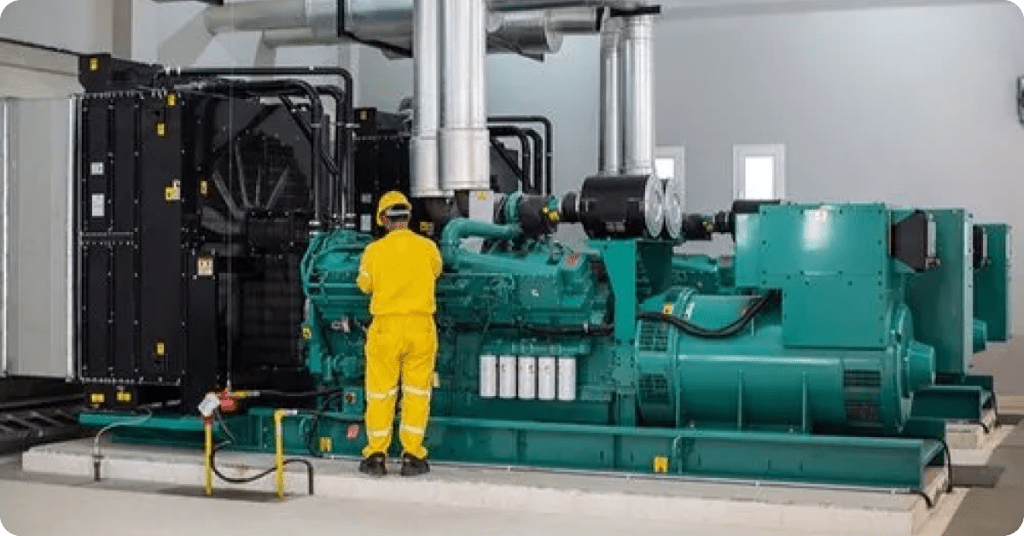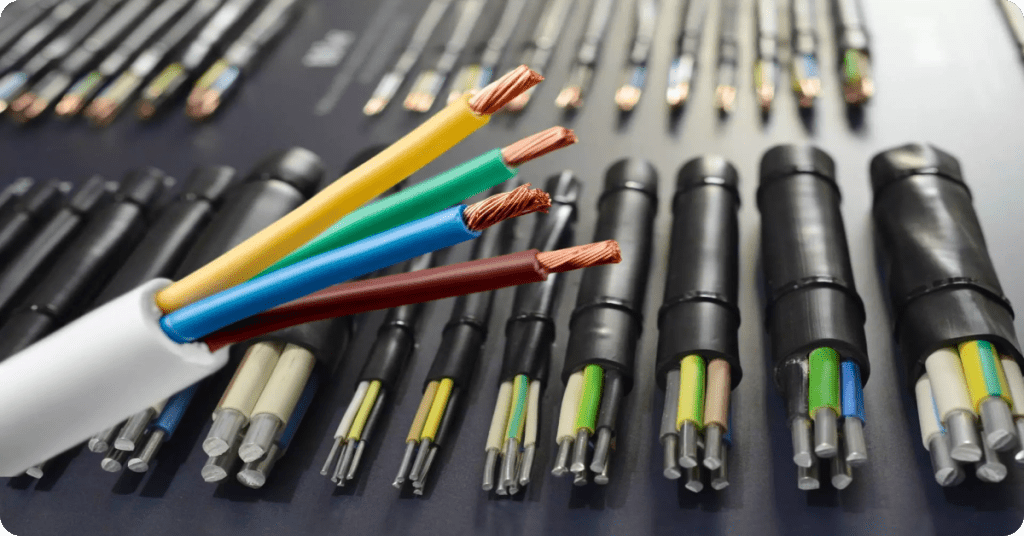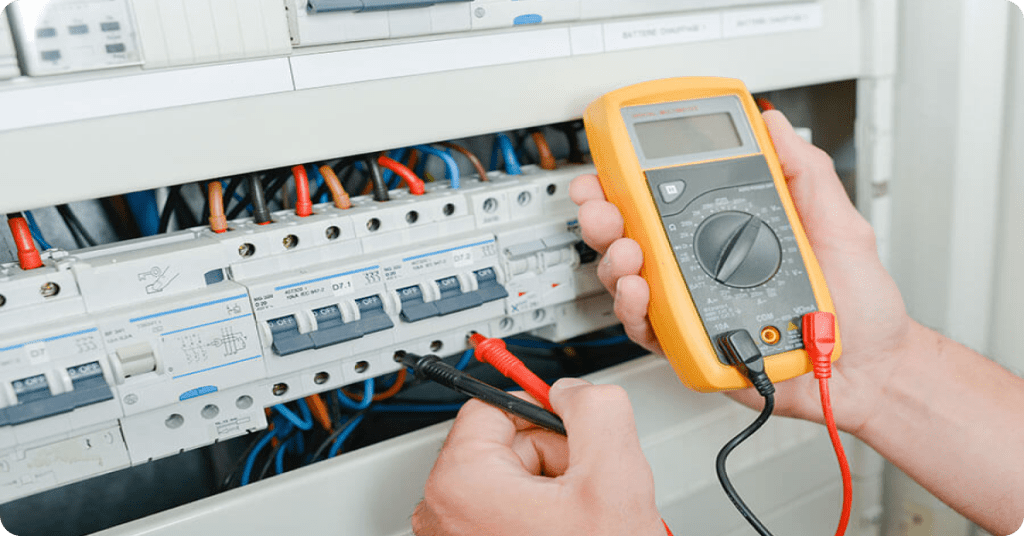Best Generator Maintenance And Operation Practices
After installing hundreds of Automatic Standby Generators as well as manually operated portable generators, I was explaining the same things in regards to generator maintenance and practices to my customers every time. A poorly maintained generator isn’t going to do the one thing you want it to do. Head over to our National Electrical Registry if you need a trusted, licensed, experienced electrician to help you out. This is the condensed version, may it serve you well whether you are a homeowner or an installation professional.
Routine Generator Maintenance:
Be good to your generator, your generator will be good to you. Maintenance is key with generators. Change the oil and air filter according to the manufacturer instructions. It is an easy process for anyone who is remotely DIY inclined. A rule of thumb is this: change the oil more than necessary and you’ll have nothing to worry about. Always change the oil after the generator is used during an outage.
Loading:
Use common sense here. When you’re operating on generator power, turn off the lights in one room before turning on the lights in another. Don’t use air conditioner units in rooms that are not occupied. You’ll save gas and make the load on the generator much less. Avoid electric ranges, a range can easily draw 12000 Watts. Even if your generator is sufficiently sized, this is an unnecessary stress.
Storage:
Keep your generator somewhere out of the elements. Don’t be one of those people who stores it outside and forgets about it. On the other hand, don’t be one of those people who stores a gas filled unit inside your home. An attached garage is an ideal place to keep your generator, if this isn’t an option a shed is also great. Keep in mind if the shed is far from your home and there is a big snow storm, you need to be able to get it out.
Fuel:
If your generator has a metal gas tank, it’s a good idea to have that gas tank full of gas, this prevents moisture that could take a toll on the gas tank. If you live in an area where you can get gasoline with 0% ethanol, even better. The addition of a gasoline stabilizer will prevent the gasoline from going bad. The last thing you want is a perfectly good generator with a full tank of gasoline that doesn’t work. This happens all the time.
Exercise:
Make it a point to run your generator each month, turn it on and let it warm up. This usually only takes 10 minutes or so. Test the receptacle on the unit with a digital multimeter or plug it in to the house and practice with it. It will use minimal amounts of gasoline with no load connected, this is a good time to top it off with new gas.
Rest Period:
As important as it is to exercise the generator each month, it’s equally important to let it cool down occasionally when in use for long periods of time. I like to turn off the generator every 6 hours, fill with gasoline, check the oil level, and let it sit for an hour or so before turning back on. Perhaps it’s conservative but my generator has been very good to me over the years.
Surge protectors:
Generators are known to produce surge voltage. For the small price of surge protectors, they’re very much worth the cost. Make sure valuable, sensitive electronics such as computers are connected to a surge protector if being used on generator power. If the generator is powering your whole home (automatic or portable), plug the surge protector in to a receptacle and then your devices in to the surge protector. An alternative is to have a whole house surge protector installed at your electrical panel.
There it is folks, my list of best generator maintenance practices that anyone with a generator can and should apply. As always, feel free to contact me with any questions or comments. Visit our National Electrical Registry to find a licensed, insured, experienced electrical contractor for your next electrical project. I’m going to leave this article with some warnings about common mistakes people unfortunately make in the heat of an emergency.
Warnings:
- Extension cords with two male ends are very dangerous, this is absolutely not okay to do.This is EXTREMELY dangerous for too many reasons to list and you have a very good chance of back feeding the utility/blowing up your generator. For the small cost of an interlock device and correct installation, the liability is abated and using the generator is straightforward.
- Portable generators MUST BE OUTSIDE WHEN RUNNING! Store the generator in a shed out of the weather but do not try to run it in an enclosed environment such as an attached garage to keep it dry. The exhaust gases, especially carbon monoxide, are extremely dangerous and cause too many unnecessary deaths each year.
Each generator is different, always refer to the manufacturers recommendations. As a good practice with portable generators, change the oil after each outage you use the generator for. Automatic units can routinely go 200 hours before an oil change is needed.
Your generator needs at the minimum a dry place to live when not being used, routine oil changes, air filter replacements, and rest periods when used for long periods of time.




It’s nice that you talked about how maintenance is key with generators. We own an old generator and I think it needs some maintenance now. With that in mind, we need to ask for generator preventive maintenance services.
Thanks much for taking the time to read my article Luke, if you need help finding someone in your area don’t hesitate to let me know. Thank you again and take care